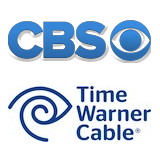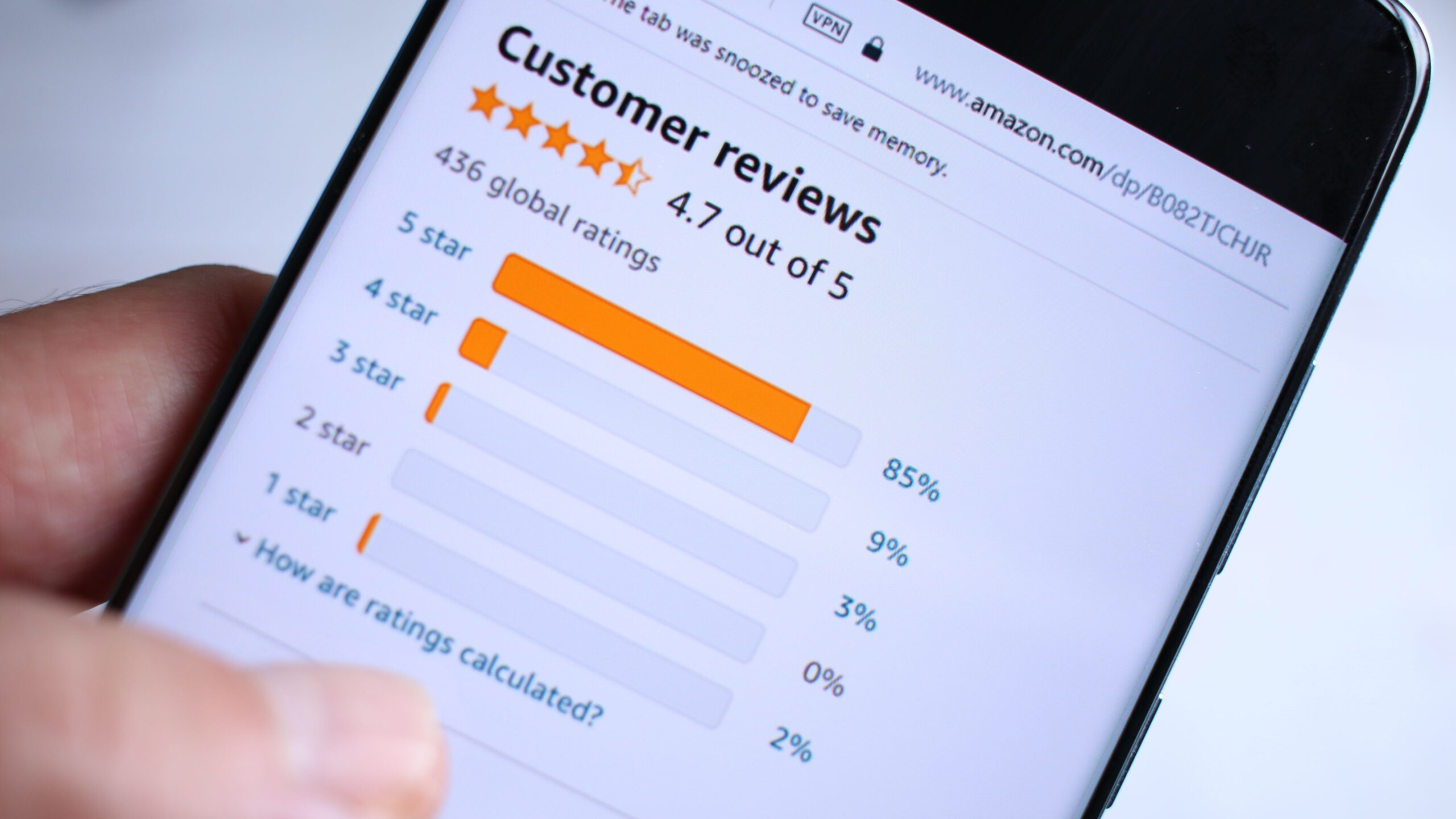The Hostage-Taking Foolishness of Retransmission Fights
 You may have to tune into the loonier realms of reality shows to see TV-driven foolishness surpassing what arises in retransmission disputes like the current slapfight between Time Warner Cable and CBS.
You may have to tune into the loonier realms of reality shows to see TV-driven foolishness surpassing what arises in retransmission disputes like the current slapfight between Time Warner Cable and CBS.
A “retrans” battle could be a simple bargaining session, but two things set it apart from the markets taught in freshman-year economics classes:
* The Cable Act of 1992 effectively requires cable and satellite operators to buy network TV programming. (Broadcasters can choose “must-carry” status and forego retransmission fees, but the popularity of much network fare makes it economically smarter to cede that privilege.)
* The money involved belongs to a third party absent from negotiations: cable and satellite subscribers.
So what happens when one large corporation that owns local stations wants another large corporation to pay more for its shows? They take it out on the viewer.
On August 2 CBS exercised its right to yank retrans consent for stations it owns–cutting off TWC subscribers in New York, Los Angeles and Dallas and some in outlying parts of the Boston, Chicago, Denver, Detroit and Pittsburgh markets. Time Warner Cable followed up by kicking CBS-owned properties like Showtime and The Movie Channel off its lineups.
CBS suggested that frustrated viewers complain to TWC; TWC told them to complain to CBS. That’s standard behavior.
The cable company also advised CBS fans to try over-the-air broadcasts and watch at CBS’s site; the network quickly blocked people on TWC connections from watching video there. That, too, is not an innovation–Fox did the same during its 2010 retrans fight with Cablevision and even briefly shut Cablevision Internet customers out of Hulu.
But now TWC is endorsing a third option, Aereo. By renting individual TV antennas to subscribers and delivering those broadcasts over a private Internet feed, this crafty startup doesn’t need retransmission consent.
Affected TWC viewers can already try Aereo in New York, and on Thursday the company said it would expand to Dallas in September.
CBS and Time Warner seem stuck in their positions: They reportedly differ not just over raising monthly retransmission fees from $1 per customer to maybe $2 but also exclusivity terms that might stop CBS from selling content to online video services. The fight could last weeks.
I don’t blame viewers for hoping this game ends in a nothing-nothing tie with lots of injuries.
CBS can note, correctly, that it’s never had a channel taken off cable in a retrans fight before. But CBS’s Internet blackout is pure control-freakery, and it’s fundamentally demanding money for something it offers free over the air.
TWC, for its part, can claim sympathy for being in a tough bargaining position. But it’s yet to promise refunds for the loss of CBS shows, only for Showtime and TMC’s absence (it says it will reconsider if the dispute lasts long enough).
And TWC’s credentials as a TV inflation fighter are suspect: Its blockbuster regional-sports-network deal with the Dodgers will jack up L.A. viewers’ bills by a good $5 a month.
Meanwhile, you, the viewer, are now the hostage. What do you do?
You could fire Time Warner, but there’s rarely another cable company in town, and trees or buildings in the wrong spot rule out satellite services DirecTV or Dish Network. More important, switching to another conventional TV provider offers no assurance you won’t get caught in another retransmission fight.
Over-the-air digital-TV broadcasts don’t have that weakness. Their range is limited, but viewers close enough to a transmitter get high-definition TV for free, without any of the compression often applied by cable or satellite services.
What about Internet viewing? Viewers with an inkling of networking skills can defeat CBS’s blackout with a proxy-server service that makes them look like somebody else’s customer–and once they do that, they can also route around regional blackouts imposed by sports-video sites like MLB.tv.
Aereo still has legal battles to fight, but in the meantime it represents an option that isn’t subject to the goodwill of CBS or DTV broadcasts’ coverage. And as TWC’s Aereo endorsement doesn’t note, at $8 a month it’s vastly cheaper than basic cable.
The hostage-taking strategy in retrans fights increasingly resembles a cord-cutting clinic. It will be interesting to see what happens next. Pass the popcorn?








